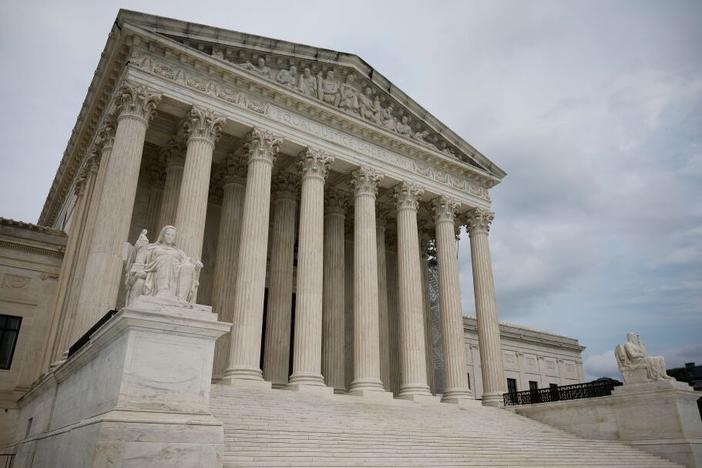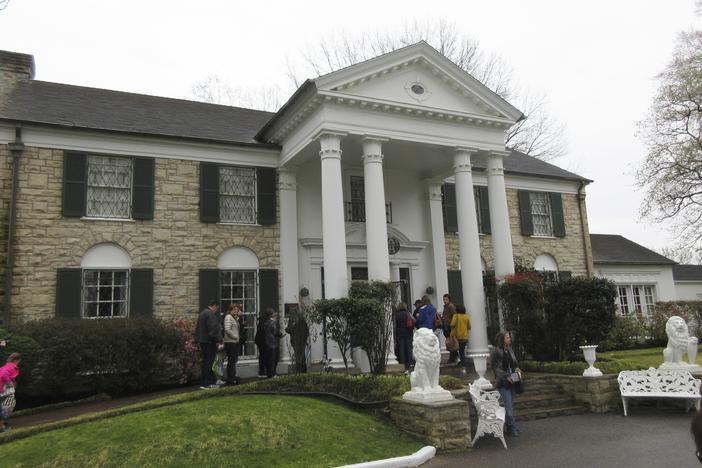Section Branding
Header Content
A geological feature called the 'Double Arch' in southern Utah has collapsed
Primary Content
A popular natural phenomenon in the Glen Canyon National Recreation Area in southern Utah collapsed last week, the National Park Service said.
According to NPS Rangers, the so-called “Double Arch” in the recreation area’s Rock Creek Bay crumbled on Thursday.
“[T]his event serves as a reminder of our responsibility and need to protect the mineral resources surrounding Lake Powell,” Glen Canyon National Recreation Area superintendent Michelle Kerns said in a statement.
The Double Arch — which has also been called the “Toilet Bowl”, the “Crescent Pool” and the “Hole in the Roof” — was formed by 190-million-year-old Navajo sandstone dating from the late Triassic period to early Jurassic period, according to the NPS.
But over the years, harsh weather including wind and rain have led to erosion and spalling, which occurs when fragments of stone chip or break off.
“These features have a life span that can be influenced or damaged by manmade interventions,” Kerns said.
“While we don’t know what caused this collapse, we will continue to maintain our resource protection efforts on Lake Powell for future generations to enjoy,” she added.
NPS officials said erosion from waves and changing water levels of Lake Powell could also have led to the eventual destruction of the arch.
Authorities said no injuries were reported in the collapse.
Arch-like rock formations can be seen elsewhere in the National Park system. Arches National Park, which is located in southeastern Utah, has more than 2,000 natural stone arches. Bryce Canyon and Zion National Parks, also in Utah, boast many arches as well.
In April, officials at the Lake Mead National Recreation Area outside Las Vegas said two men had been seen pushing reddish sandstone rocks off a cliff along a popular trail.
Bottom Content





